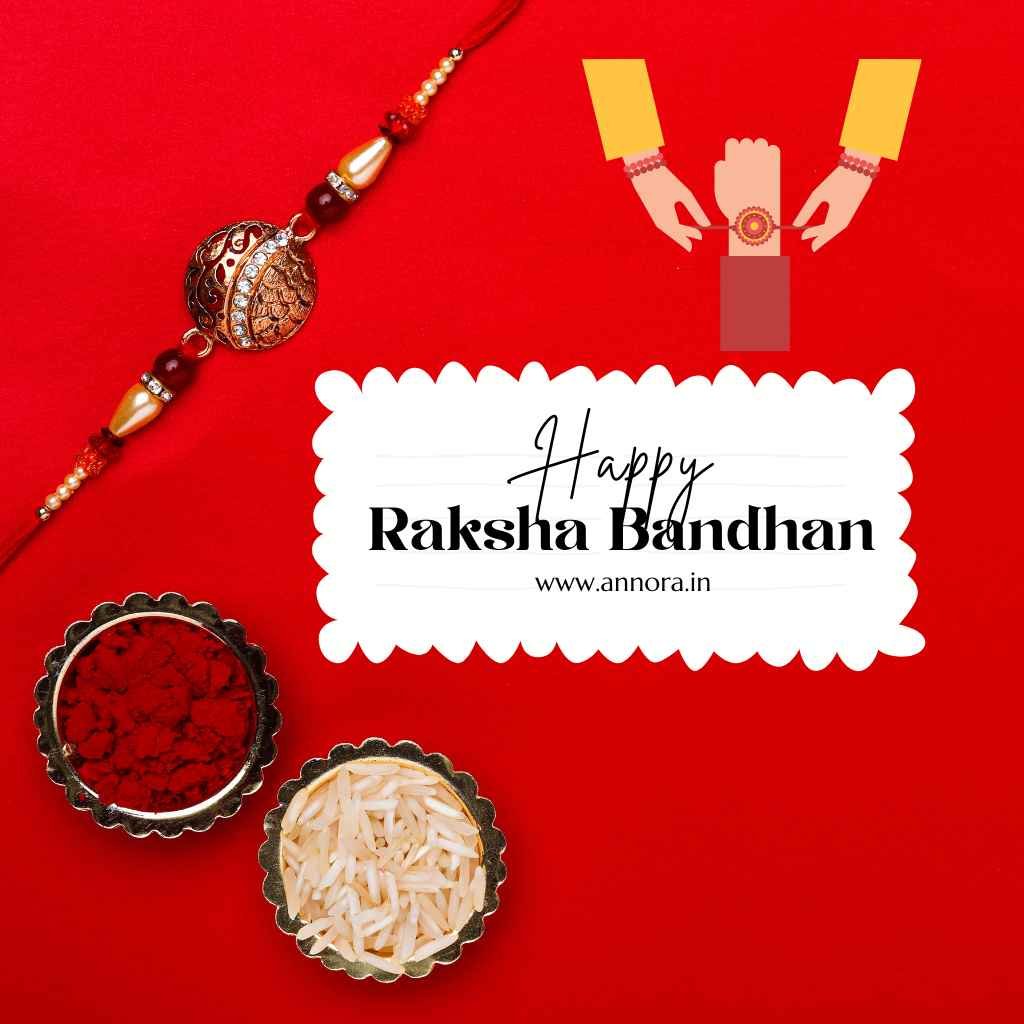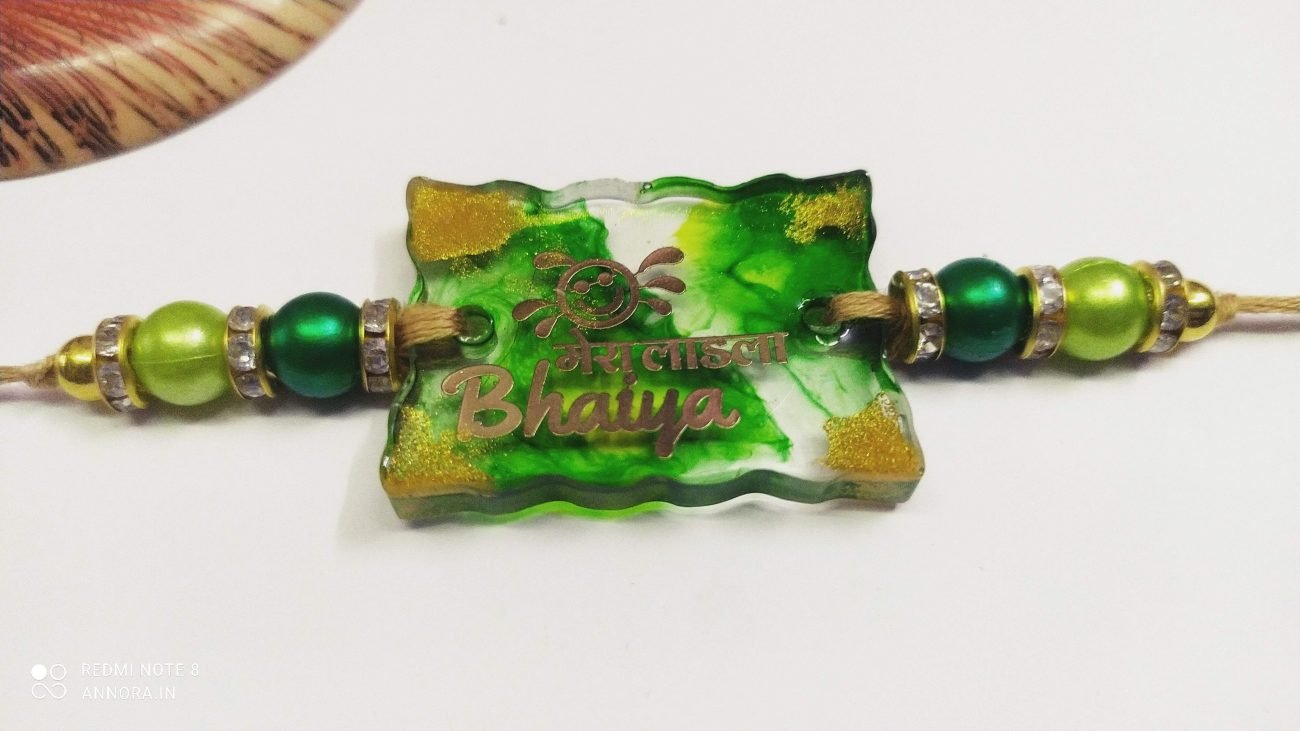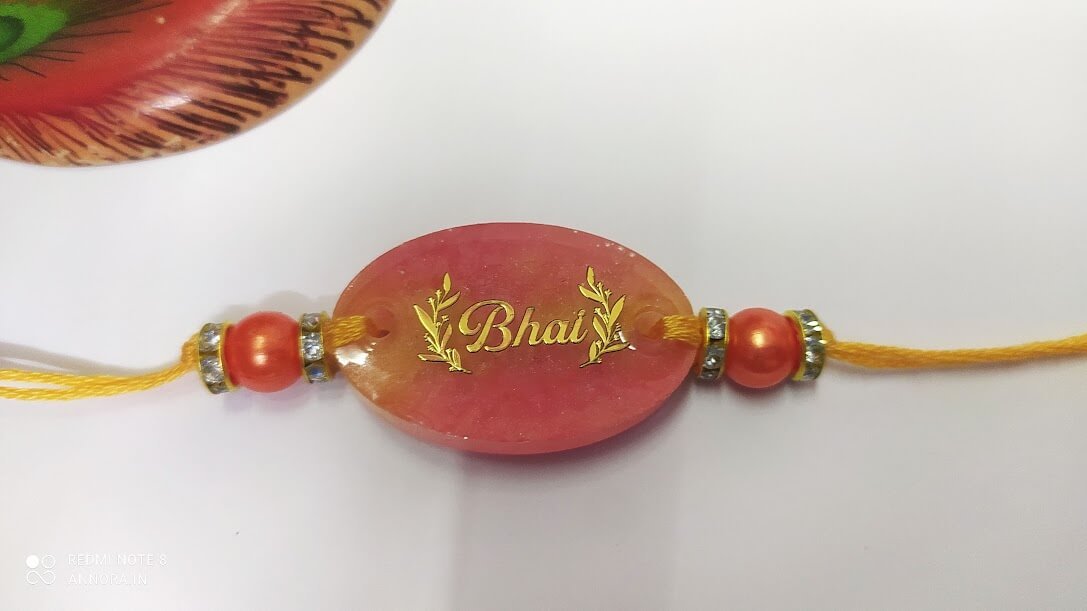Blog
Raksha Bandhan: Celebrating the Bond of Love and Protection

Raksha Bandhan, also known as Rakhi, is an auspicious festival celebrated in India and other parts of South Asia. It is a joyous occasion that symbolizes the sacred bond between brothers and sisters. This festival holds deep cultural and traditional significance, fostering love, protection, and harmony among siblings. In this blog post, we will explore the various aspects of Raksha Bandhan, its rituals, customs, and the underlying philosophy that makes it so special.

Historical and Mythological Significance:
Raksha Bandhan has its roots in ancient mythology and historical events. According to popular legend, the festival is associated with Lord Krishna and Draupadi. As the story goes, Draupadi tore a strip of cloth from her sari and tied it around Krishna’s wrist to stop the bleeding caused by a battlefield injury. Touched by her gesture, Krishna vowed to protect her. This story showcases the essence of Raksha Bandhan as a festival of love, care, and protection.

Meaning and Symbolism:
The rakhi, a sacred thread, is the central symbol of Raksha Bandhan. Sisters tie the rakhi around their brothers’ wrists, symbolizing their love, affection, and the promise of protection. The rakhi is not just a piece of thread; it carries immense emotional value. It signifies the unbreakable bond between siblings and serves as a reminder of the brother’s responsibility to safeguard his sister’s well-being.

Preparations and Rituals:
The preparations for Raksha Bandhan begin well in advance. Sisters select or make rakhis with intricate designs, vibrant colors, and beautiful embellishments. On the day of the festival, sisters perform aarti, a ritualistic prayer, and apply a vermilion tilak on their brothers’ foreheads. Brothers, in turn, give gifts to their sisters as a token of their love and appreciation. The exchange of gifts strengthens the bond and adds to the festive spirit.
Cultural Diversity and Rakhi Customs:
Raksha Bandhan is celebrated with diverse customs and traditions across different states and regions of India. For instance, in Gujarat, kite-flying is a popular activity during Rakhi. In some parts of India, people tie rakhis on trees, symbolizing their commitment to protecting the environment. These customs reflect the cultural diversity of India and showcase the festival’s inclusivity.
Raksha Bandhan Beyond Blood Ties:
Raksha Bandhan goes beyond blood relations and extends to other meaningful relationships. Friends, cousins, and even neighbors exchange rakhis as a gesture of friendship and protection. This practice highlights the universal nature of Raksha Bandhan and the idea that bonds of love and care transcend biological relationships.
Modern Perspectives and Rakhi Celebrations:
In the modern era, Raksha Bandhan has adapted to technological advancements. With the rise of digital communication, virtual rakhis have gained popularity, allowing siblings to celebrate even when they are physically apart. People also celebrate Rakhi by organizing special outings, surprise gifts, or heartfelt messages. These contemporary approaches add new dimensions to the festival while retaining its essence.
Conclusion:
Raksha Bandhan is a festival that celebrates the unique and everlasting bond between brothers and sisters. It goes beyond a mere exchange of gifts and encapsulates the essence of love, protection, and togetherness. Through its rituals and customs, Raksha Bandhan beautifully showcases the rich cultural heritage of India and promotes unity among individuals. Let us cherish this beautiful festival and reinforce the bonds of love and protection that make our lives meaningful and joyous.
